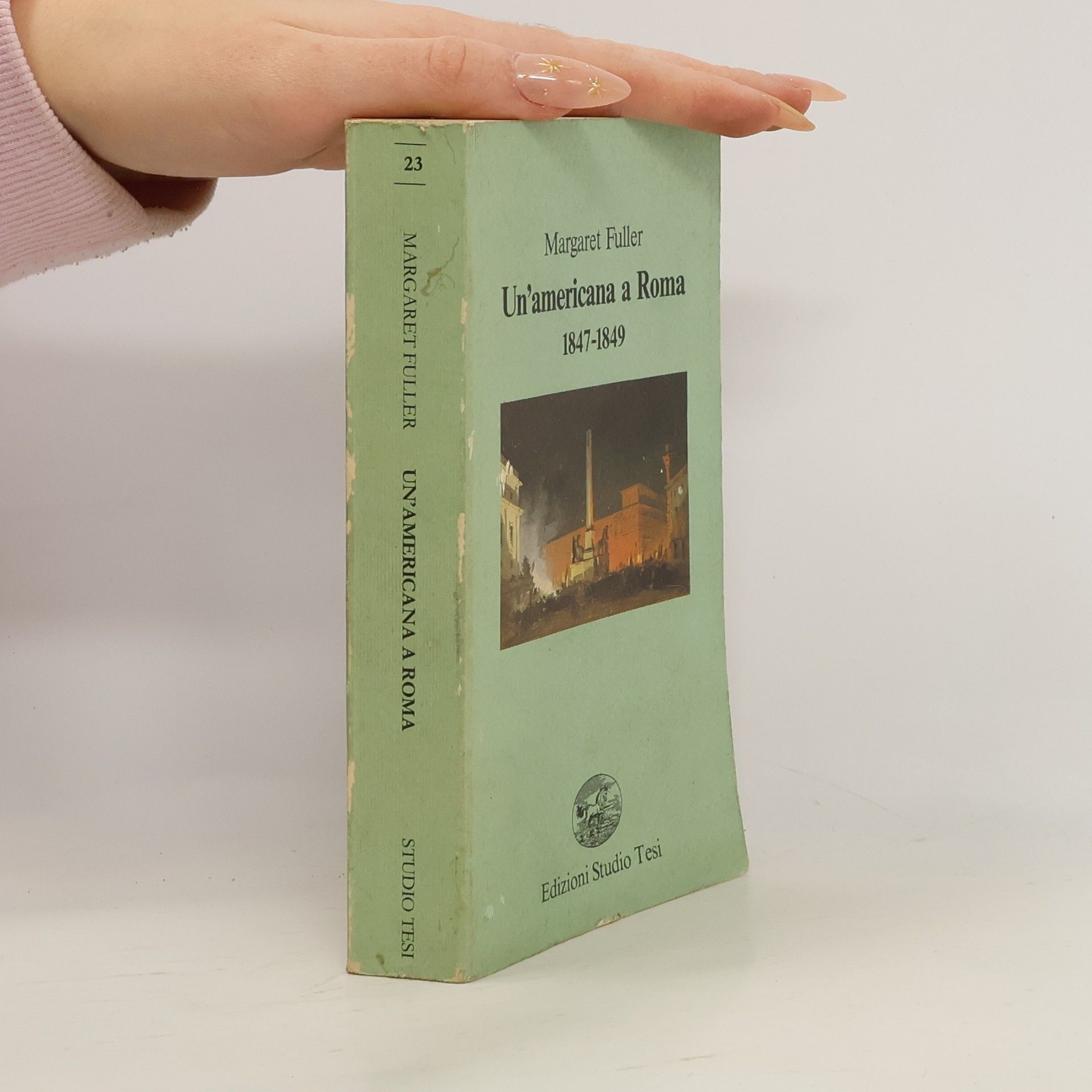Includes:Autobiographical SketchBettine Brentano and Her Friend GunderodeSummer on the Lakes, During 1843Woman in the Nineteenth CenturyNew-York Daily Tribune ColumnsNew-York Daily Tribune DispatchesLetters
Margaret Fuller Boeken
Margaret Fuller was een vooraanstaand figuur binnen de Amerikaanse transcendentalistische beweging, een journaliste en criticus die opkwam voor de rechten van vrouwen. Ze was de eerste fulltime vrouwelijke boekenrecensent in de journalistiek, en haar werk "Woman in the Nineteenth Century" wordt beschouwd als het eerste belangrijke feministische werk in de Verenigde Staten. Fuller stond bekend om haar 'conversaties', intellectuele discussies voor vrouwen die bedoeld waren als compensatie voor hun beperkte toegang tot hoger onderwijs. Haar schrijven kenmerkt zich door intellectuele diepgang en een moedige benadering van sociale hervormingen, waaronder steun voor de emancipatie van slaven en gevangenishervormingen. Haar levenslange inzet en inzichten hebben haar nalatenschap als inspiratiebron voor vele andere voorvechters van vrouwenrechten en feministen gevestigd.




Margaret Fuller: Collected Writings (Loa #388)
- 850bladzijden
- 30 uur lezen
Woman in the Nineteenth Century; And Kindred Papers Relating To The Sphere Condition And Duties, Of Woman
in large print
- 444bladzijden
- 16 uur lezen
The book is a reproduction of a historical work, published by Megali, which focuses on making literature accessible through large print editions. This initiative aims to assist individuals with impaired vision, ensuring that they can enjoy and engage with important texts from the past.